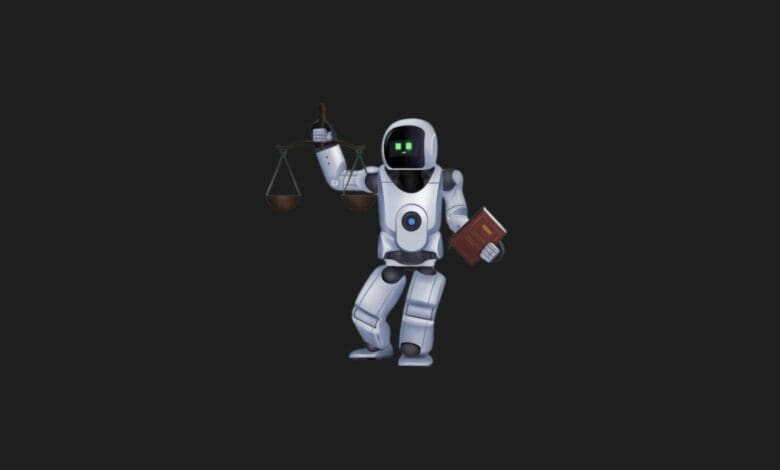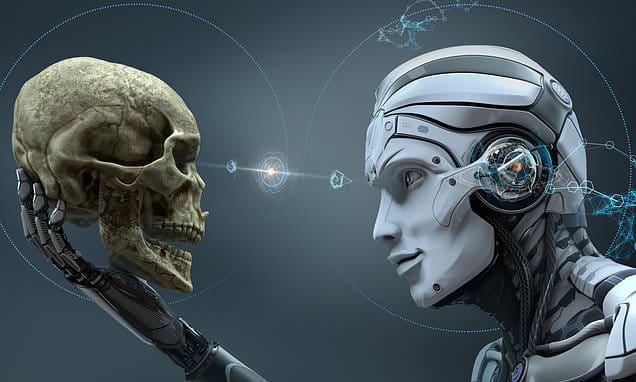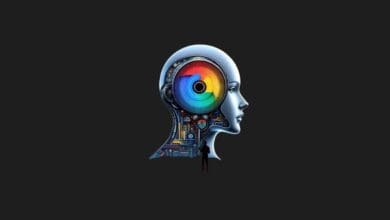Islamic Perspectives on Artificial Intelligence

In recent years, artificial intelligence (AI) has increasingly become a focal point of scientific and technological advancement, reflecting humanity’s achievements over the last few centuries. This article explores the role and potential impacts of AI from an Islamic perspective, integrating insights from the Quran and Hadith.
Islamic Stance on AI Development

Islam generally permits the introduction of new practices and innovations unless specifically prohibited. This principle allows for the use of AI in various sectors, provided that it aligns with ethical standards and benefits humanity. The application of AI must also safeguard human rights and privacy, highlighting the religion’s awareness of the potential risks associated with technological advancements.
Quranic Insights on Technological Advancements

While the Quran does not specifically mention artificial intelligence, it encourages the use of intellect and the exploration of the universe’s laws. This directive supports the pursuit of scientific advancements such as AI, urging Muslims to engage with and propel technological progress.
For instance, the Quranic verse (Câsiye 13) emphasizes the utilization of Earth’s resources, which can be interpreted to support the use of technologies like AI that simplify human endeavors. Additionally, Islamic history is rich with scholars who pioneered various scientific fields, emphasizing the religion’s long-standing endorsement of intellectual and technological advancements.
Ethical and Safety Considerations in AI

As AI continues to integrate into various aspects of life, Islamic teachings urge caution, especially regarding technologies that could potentially cause harm. The guidance to avoid self-destruction (Bakara 195) can be applied to the development of AI, ensuring that its applications do not lead to detrimental outcomes.
Furthermore, the potential for AI to perform tasks better and more efficiently than humans raises questions about control and the ethical implications of such capabilities. The notion of intelligence enabling control, discussed in Islamic texts, suggests a need for careful management of AI to prevent misuse or unintended consequences.
Engaging with AI: A Call for Interdisciplinary Collaboration

Understanding the implications of AI requires dialogue across various disciplines. Scholars, ethicists, and technologists should work together to ensure that AI developments align with ethical standards and contribute positively to society. This collaboration is essential to harness the full potential of AI while mitigating risks and ensuring compliance with ethical norms.
AI presents both opportunities and challenges. By considering Islamic teachings and ethical guidelines, the development and application of AI can be directed towards outcomes that are beneficial for humanity. This approach ensures that technological advancements like AI not only foster innovation but also align with the values and ethical considerations important to Muslim communities and beyond.
In essence, the integration of AI into society should be managed with a focus on enhancement and protection of human life, guided by the rich intellectual traditions and ethical principles of Islam.











